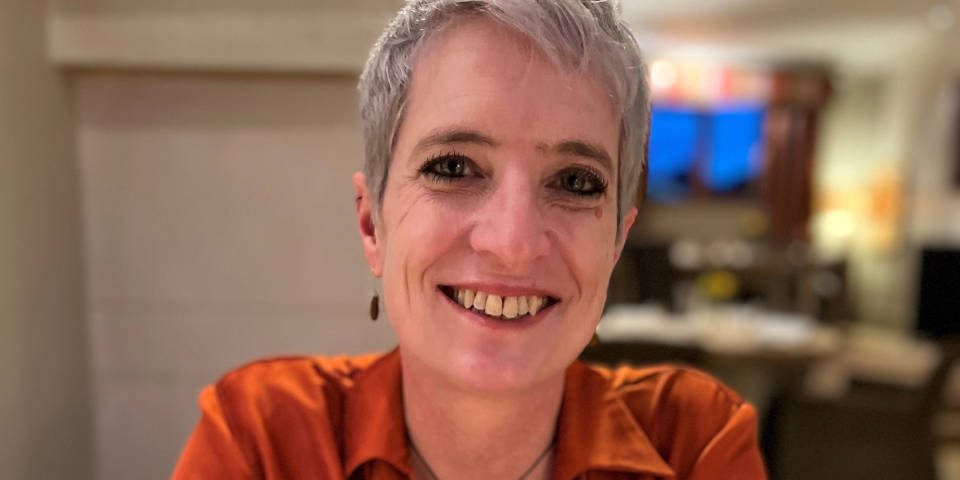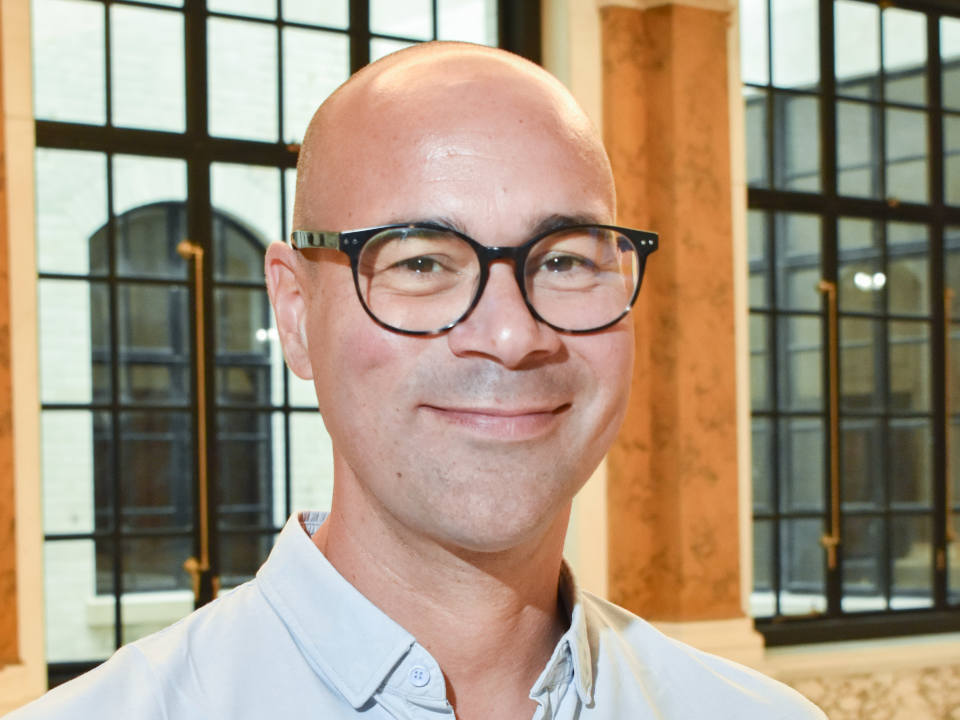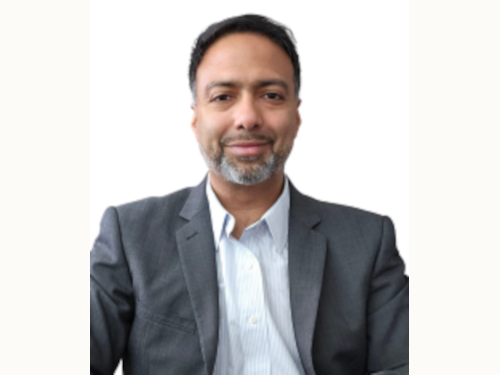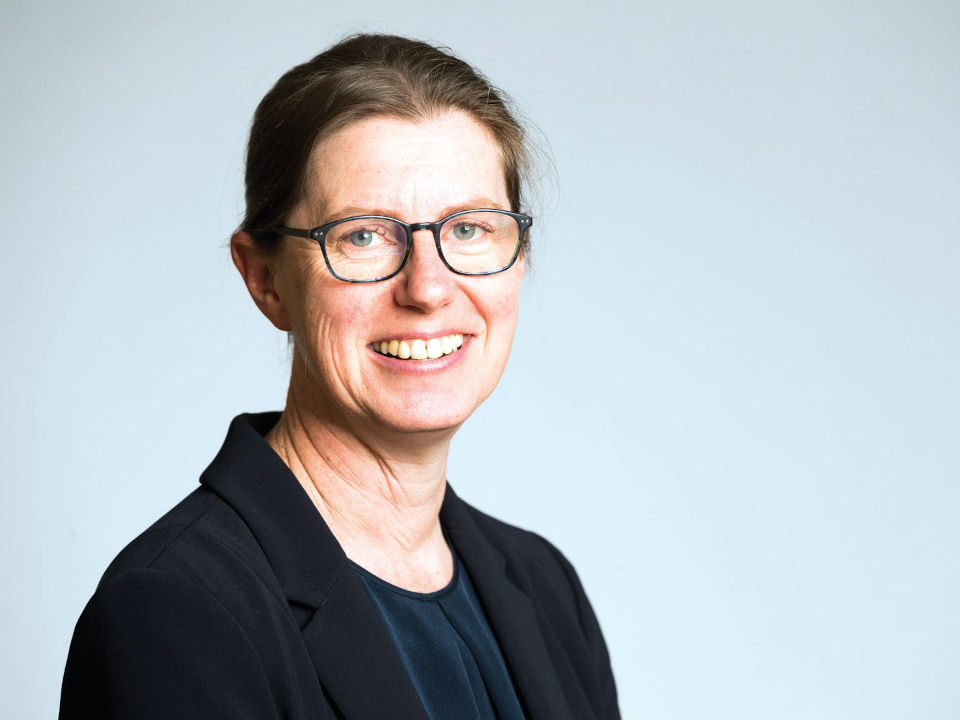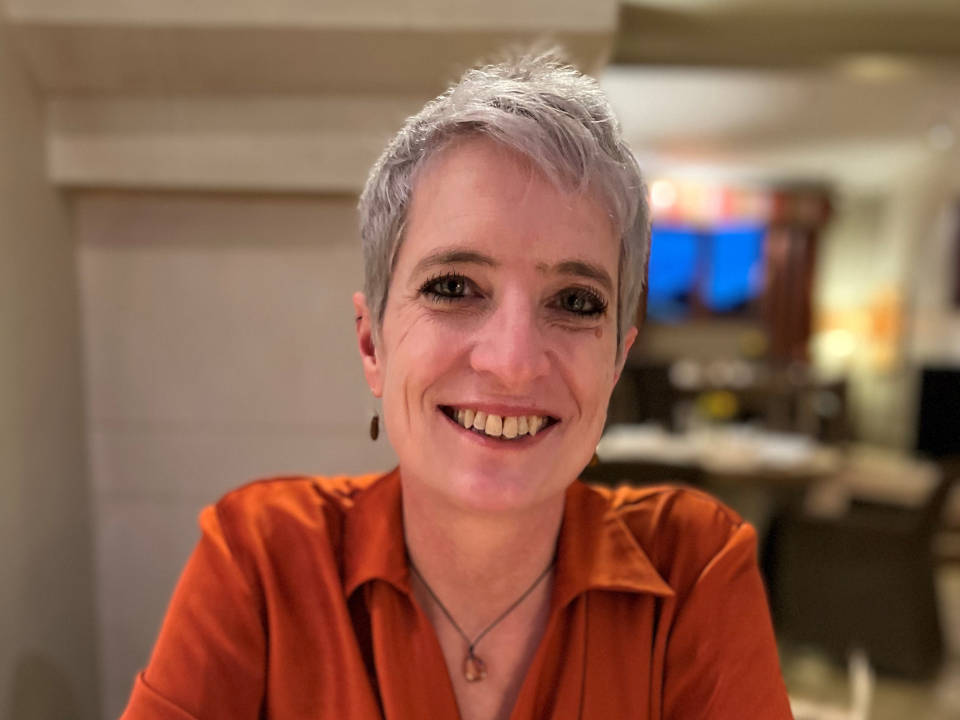
Carolyn Fair
South East Regional Co-Chair
Director of Children's Services for East Sussex County Council
This week, we see the return to school across the country, which after six weeks of summer holiday will be a relief for many parents, but, with the DfE reminding us all of the importance of attendance, it will also, for too many children, young people, and parents, mean the repeating cycle of anxiety, frustration and fear that the return to school signifies.
Our newsfeeds are full of data about the attendance crisis; the increasing number of children and young people who struggle to access the curriculum, and the long-lasting impact that loss of learning will have on young people. “Children are not resilient enough”, “anxiety is an excuse” were just a couple of the messages I heard this morning during a radio call-in. Lots of views were offered about why plus lots of opinions on whose responsibility it is to ensure children are in school and learning. Is it the parents? The schools? Local authorities?
September is also the month where we celebrate Youth Mental Health Day and we know that the emotional wellbeing of our children directly impacts their ability to access learning, to engage in school communities, and to find their own tribe.
I’m reminded that the wellbeing of our children is both a profound responsibility and a shared challenge – for all of us who are lucky enough to work in public service. The landscape of childhood and adolescence is shifting rapidly. The digital world is ever-present, exams feel tougher, families face uncertainty, and young people are navigating questions of identity in an increasingly complex society. We are seeing more children and young people than ever struggling with their mental health. From anxiety and low moods to self-harm and crisis presentations, the pressures they face today are multi-layered and growing.
The stories we hear from young people and families are not just statistics; they are lived experiences. Behind every referral, every school absence, every request for support, there’s a child hoping to be seen, heard, and helped. We see the impact every day. And, one thing is clear: no single agency can respond to this reality alone. It takes a whole system working together—health, education, social care, communities, and families—to truly make a difference.
As always, when I talk to young people, they are clear about what they need:
- Earlier support—before things reach crisis
- Adults who listen, understand, and don’t judge
- Services that reflect their lived experience, culture, and identity
- Safe spaces to talk
- We must not only hear them—we must act – they need us to do better.
Mental health cannot be tackled in silos. It is not the sole responsibility of the NHS, children’s social care, or education—it’s all of us. It is a collective challenge that demands a coordinated, compassionate response rooted in early intervention, prevention, and equitable access to high-quality support. If we want to make real, lasting change, we must commit to a genuinely integrated approach.
This is not just about services — it is about values. It is about the kind of society we want to be and the future we are shaping for our children.
The wellbeing of this generation will shape the future of our communities, our economy, and our social fabric. Children deserve a system that works together, not one that leaves them to navigate it alone.


